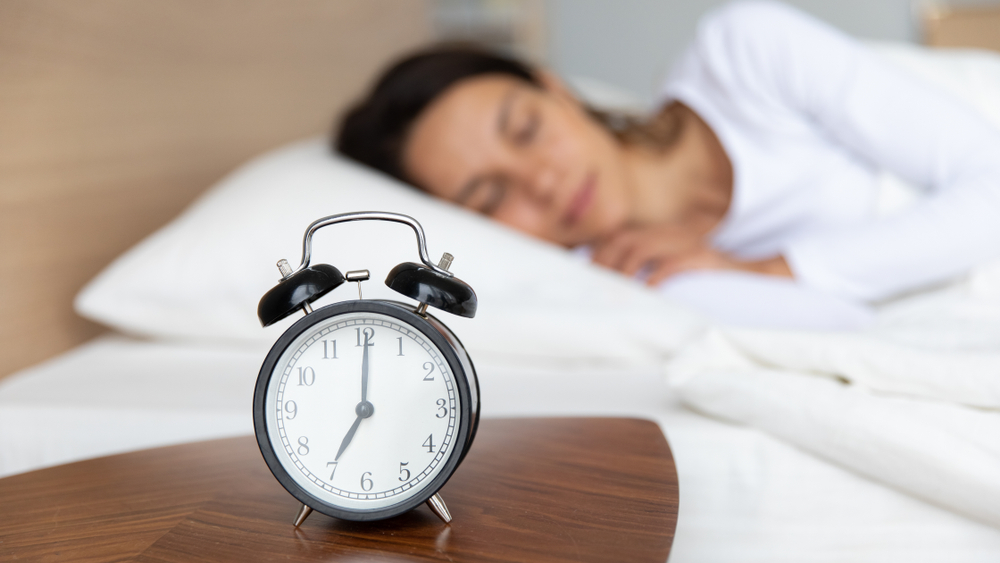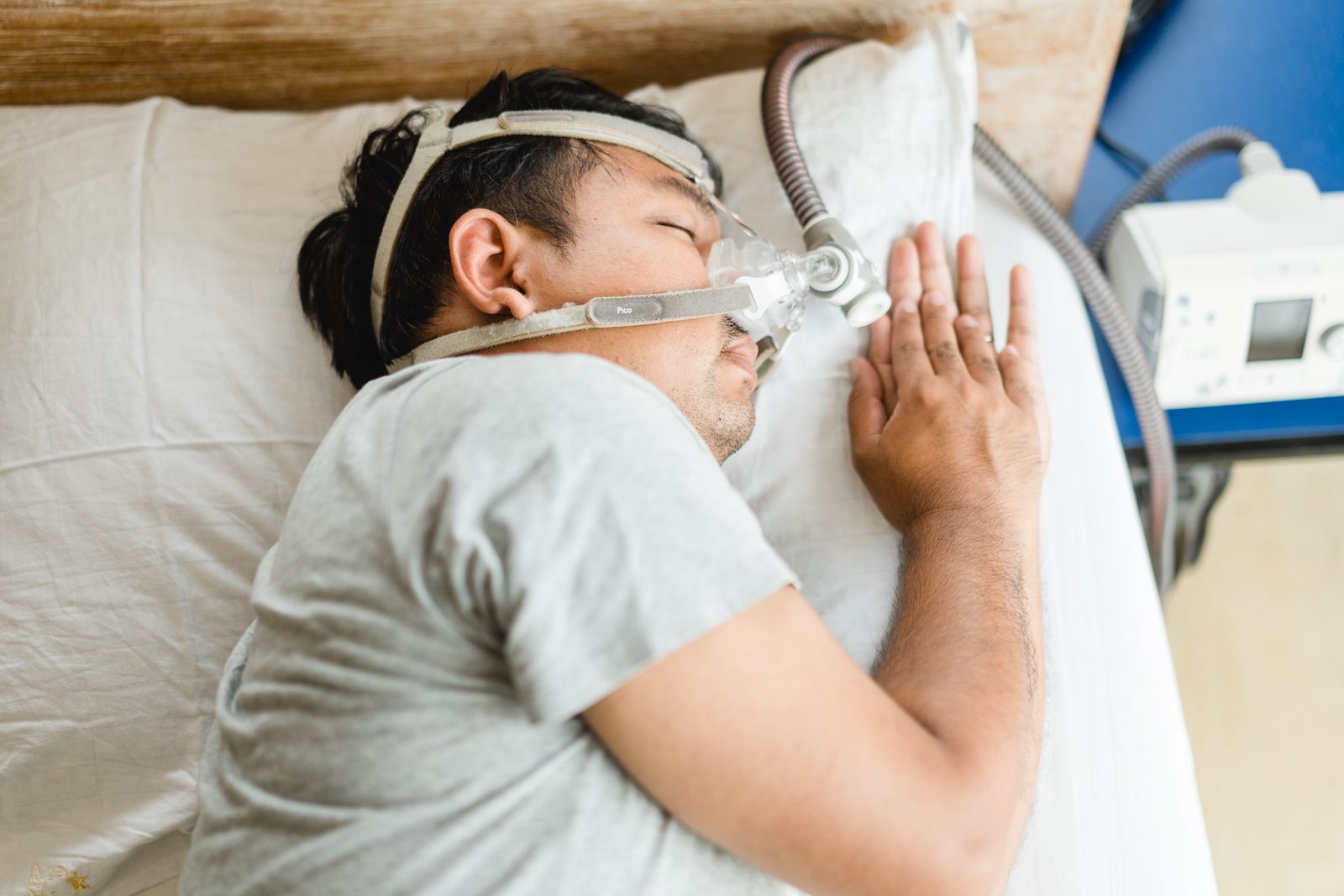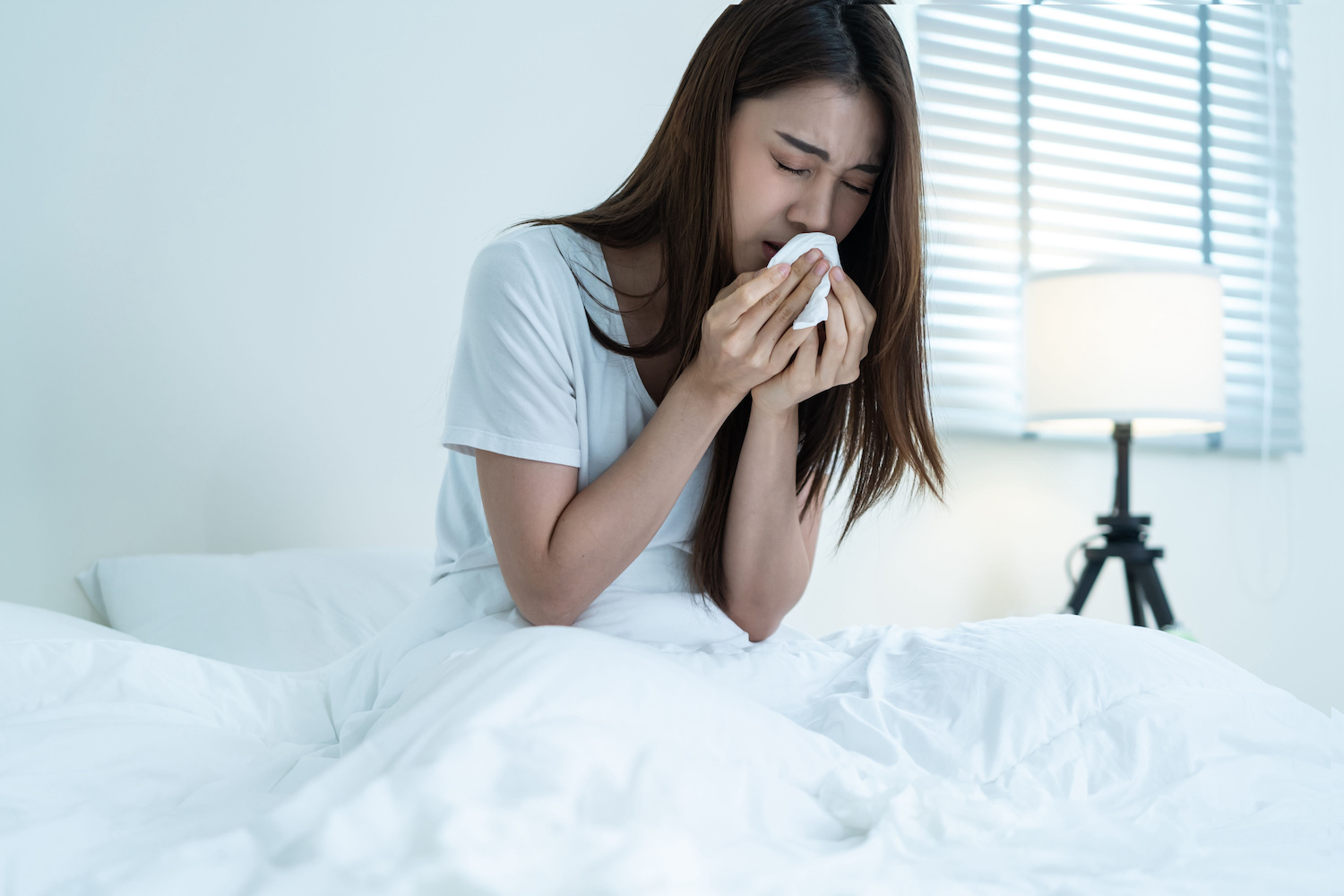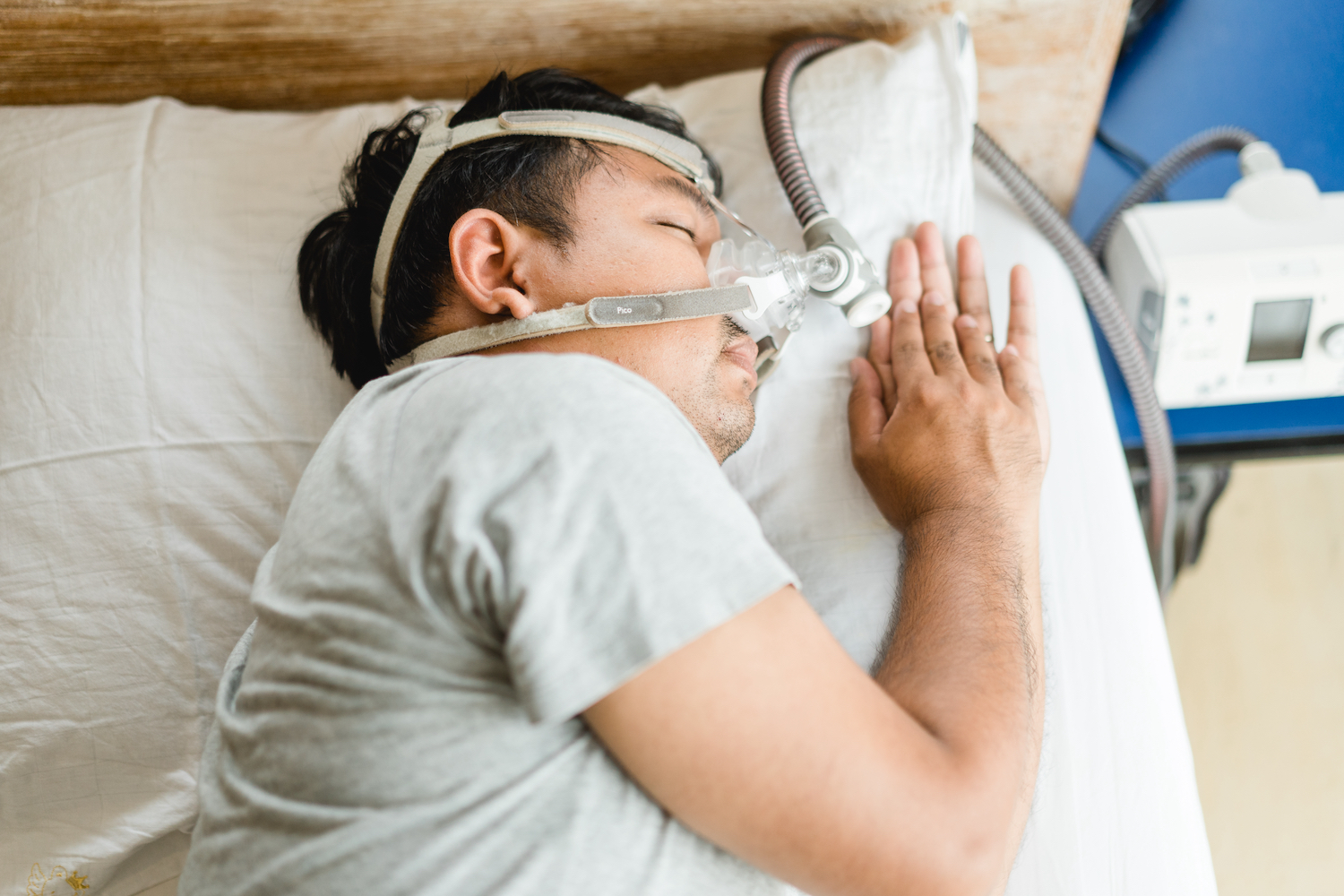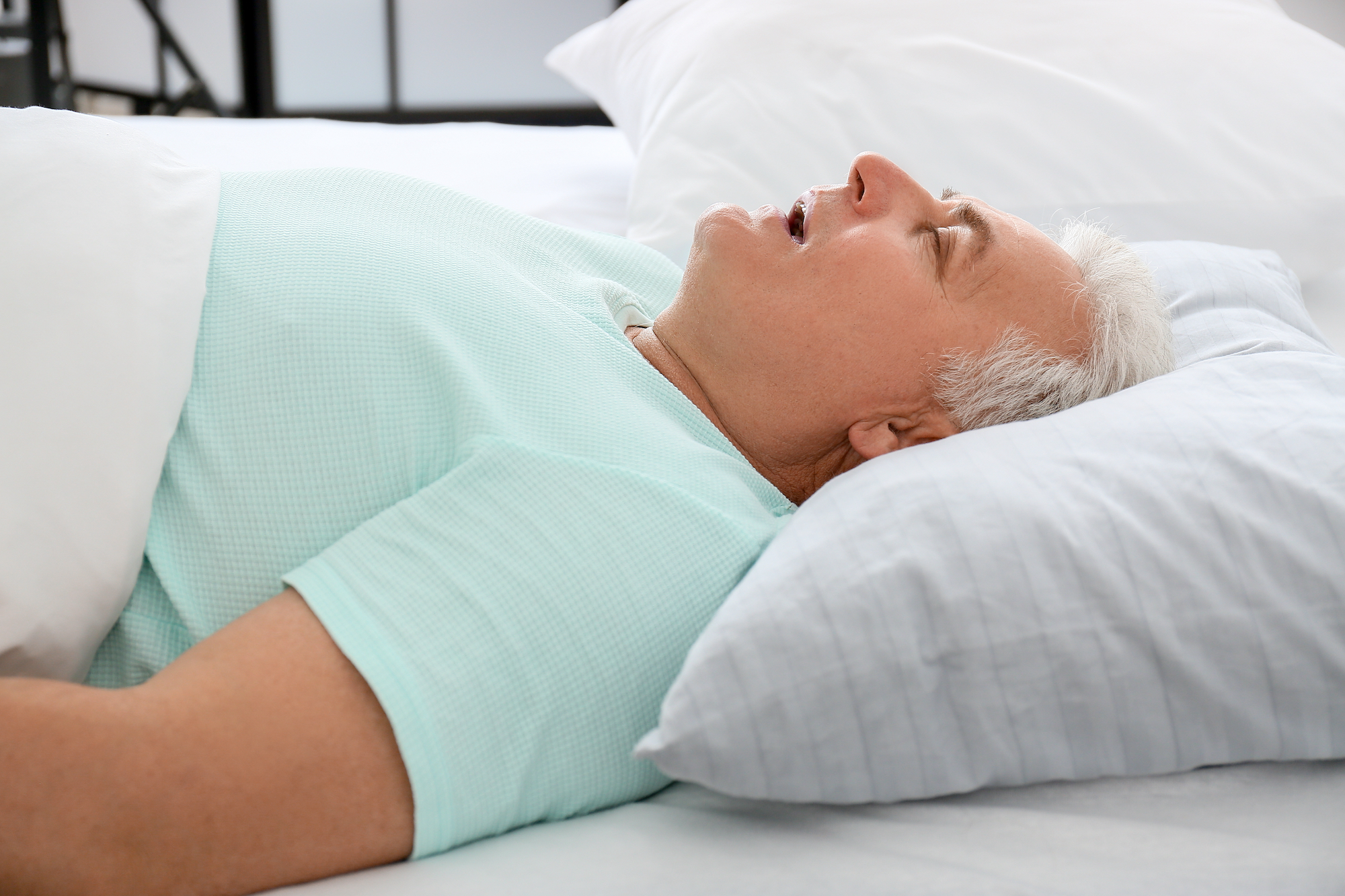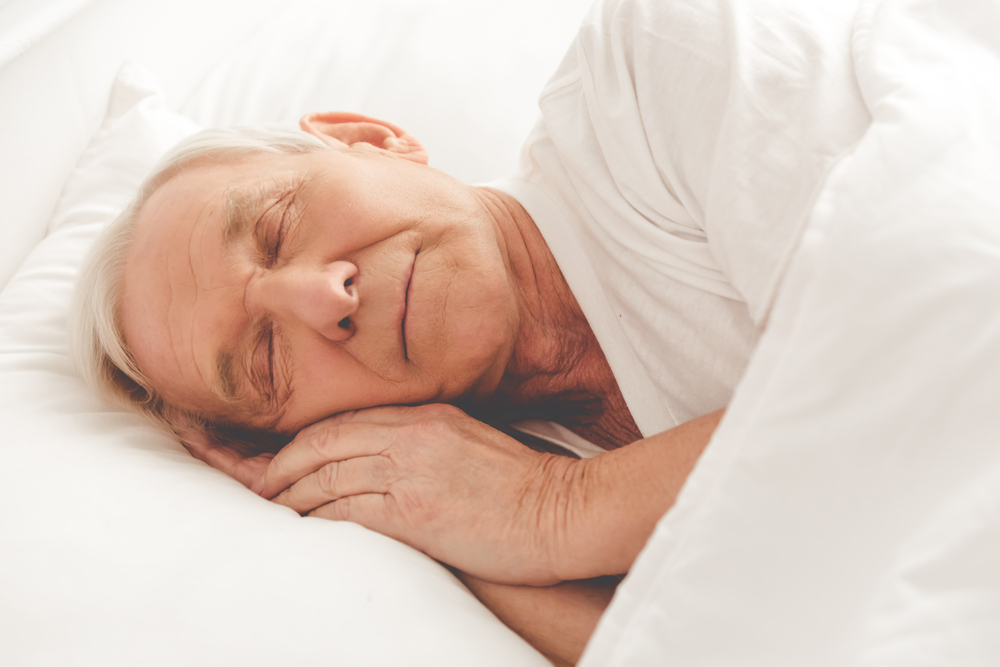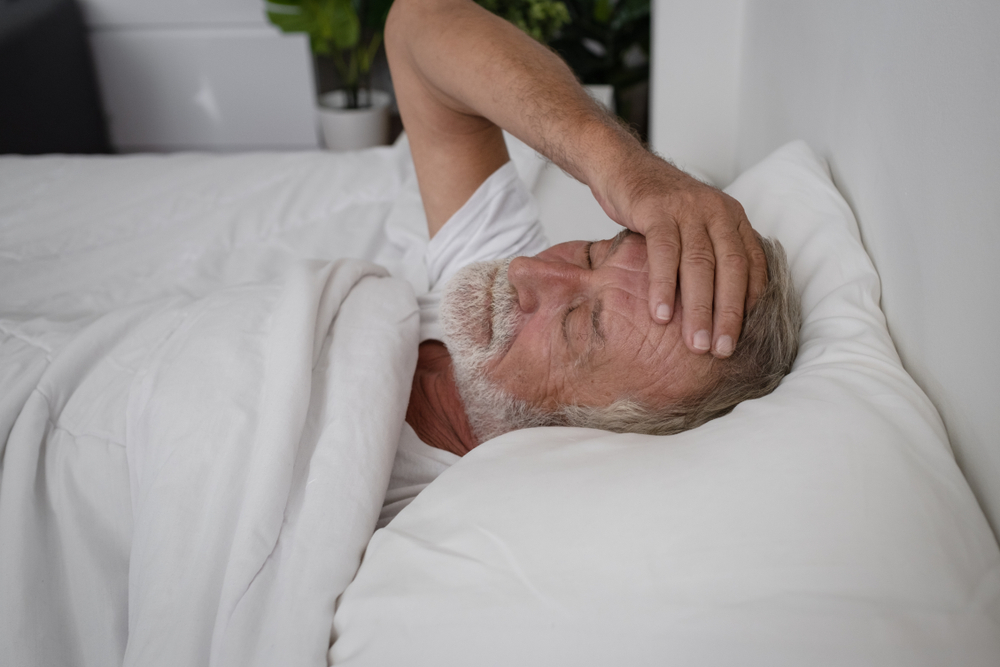Research shows that having obesity increases your risk of developing breathing issues like asthma, obstructive sleep apnea (OSA), and obesity hypoventilation syndrome. Obstructive sleep apnea is a sleep-related breathing disorder that affects 10% to 30% of people in the United States.
Experts estimate that by the year 2030, nearly half of all adults in the United States will have obesity. Learning about the relationship between obesity and obstructive sleep apnea can help you understand your individual risk, the benefits of treatment for obesity, and when to talk to your doctor about your nighttime breathing and the quality of your sleep.
The Link Between Obesity and Health Problems
Obesity is a common disease that affects metabolism and the regulation of body weight. Although a person’s behavior can contribute to weight gain, it’s important to note that lifestyle is only one risk factor for obesity. The risk of developing obesity is also related to a person’s genetics, other health conditions, stress, and their environment.
A person’s environment, including their access to housing, education, and health care, help to explain why obesity is more common in certain ethic groups and varies based on where a person lives, their education, and whether they have a disability.
Having obesity is associated with an increased risk of health complications such as:
- Type 2 diabetes
- High blood pressure
- Heart disease
- Cancer
- Metabolic syndrome
- Osteoarthritis
Though obesity is linked to a variety of negative health consequences, not all people with obesity have the same risk of complications. For example, a high amount of fat in the abdomen is more strongly associated with certain health risks compared to fat stored in the hips and thighs.
Additionally, people with obesity are also at risk of mental health conditions such as depression. Exposure to discrimination, weight stigma, and bias can exacerbate these mental health challenges by contributing to feelings of shame or rejection. Weight stigma is prevalent in schools, the workplace, and in health care settings.
How is Obesity Measured?
Obesity is determined by calculating your BMI, which takes into account your weight and height and estimates your amount of body fat. Your BMI can fall into one of four weight categories.
| BMI | Weight Category |
|---|---|
| Less than 18.5 | Underweight |
| 18.5-24.9 | Healthy weight |
| 25-29.9 | Overweight |
| 30 or above | Obesity |
Keep in mind that BMI cannot distinguish between weight caused by body fat, muscle mass, or bone mass. So, it’s possible to have an elevated BMI due to factors other than having excess body fat.
How Excess Weight Causes Obstructive Sleep Apnea
Obstructive sleep apnea is typically caused by the airway collapsing during sleep. Tissues that help to keep the airway open naturally relax after a person falls asleep. While relaxed muscle tissue doesn’t affect breathing for most people, it can further constrict an already narrow airway in those with obesity or other risk factors for OSA.
The risk of developing obstructive sleep apnea increases with a person’s BMI. Obesity increases a person’s chances of developing OSA due to the effects of excess body fat on breathing during sleep. Obesity can reduce the size of the airway, lower lung capacity, and make the throat more likely to collapse while a person sleeps.
People with mild narrowing of their airway may snore at night, while those with significant narrowing have periods where their breathing is restricted or paused. Obstructive sleep apnea causes a person to wake up repeatedly at night and experience fluctuations in the levels of oxygen and carbon dioxide in their blood, both of which increase the risk of further health complications.
Sleep Apnea and Obesity Hypoventilation Syndrome
Obesity hypoventilation syndrome (OHS) is another breathing disorder that can affect people diagnosed with obesity, especially those with a BMI higher than 50. Although experts don’t know the cause of OHS, research suggests that OHS also develops because of the strain that obesity can place on the body’s respiratory system.
More than 90% of people who have obesity hypoventilation syndrome also have obstructive sleep apnea. Accordingly, there’s usually an overlap in symptoms between OSA and OHS, such as daytime sleepiness and loud snoring.
Sleep Apnea and Obesity in Children
An estimated 1% to 5% of children have obstructive sleep apnea and children who have enlarged tonsils or obesity are most at risk. A large study suggests that children with obesity may be four to five times more likely to develop OSA compared to children without obesity.
Obesity in children and adolescents can also be measured using BMI, but their results are interpreted differently than for adults. Because body fat can change drastically during youth, the BMI of a child or adolescent is usually compared to the BMI of others who share the same age and sex.
| Percentile of BMI | Weight Category |
|---|---|
| Lower than the 5th percentile | Underweight |
| 5th-85th percentile | Healthy weight |
| 85th-95th percentile | Overweight |
| 95th percentile or higher | Obesity |
Can Sleep Apnea Cause Weight Gain?
While having obesity increases a person’s risk of developing obstructive sleep apnea, some experts suggest that the opposite might be true as well. While no studies have definitively proven this link, having OSA may increase the risk of obesity.
Obstructive sleep apnea may cause weight gain due to the effects of OSA on the hormone leptin. Leptin affects how much people eat by helping the body to recognize when it’s full.
OSA increases the amount of leptin in the body and may contribute to leptin resistance. This may be because nighttime breathing disruptions trigger the release of cortisol, which affects leptin and leptin resistance. People with leptin resistance feel less satiated, leading to increased food intake and weight gain.
Continuous positive airway pressure (CPAP) can also cause weight gain. CPAP is the most common treatment for sleep apnea and is effective at reducing symptoms in most people with OSA. Doctors are unsure of why some people gain weight after starting CPAP therapy but maintain that the health benefits of this treatment continue to outweigh the risks.
How Weight Loss Affects Sleep Apnea
Treatment for obesity can help prevent or reduce health complications associated with a high BMI, including obstructive sleep apnea. To treat obesity, doctors may recommend weight loss and other lifestyle changes, medications, or surgery.
Weight loss reduces nighttime breathing obstructions, improves blood pressure, and enhances overall health. Exercise alone, even without weight loss, may also decrease the symptoms of OSA while improving cardiovascular health.
Although weight loss is a common recommendation from doctors, research shows that maintaining weight loss long-term is challenging. This is because the body attempts to remain at a stable weight and, during periods of calorie restriction, the body undergoes hormonal changes and increases hunger to regain lost weight.
When considering losing weight, it can be helpful to talk to a doctor about healthy weight management. Doctors can offer a referral to a nutritionist or dietician for support in finding a weight loss program that provides counseling, goal-setting, monitoring, feedback, and support during the program.
When to Talk to Your Doctor about Breathing Problems
Contact your doctor if you have concerns about your breathing or experience symptoms of sleep apnea, like loud snoring, gasping for air, awakening tired and unrefreshed, or daytime sleepiness. A doctor can evaluate your symptoms, perform a physical examination, and recommend a sleep study to find out the cause of your breathing problems.
You may not be aware of nighttime breathing issues, so it’s also important to talk to a doctor if a family member, caregiver, or bed partner reports that you are snoring loudly, gasping for air during sleep, or having other breathing changes during the night. You may want to have your bed partner come with you to an appointment to discuss your symptoms with your doctor.
Still have questions?
Sleep apnea products can be confusing. If you need individualized assistance, send us an email at [email protected] with your questions and we'll help find the best fit for you.



